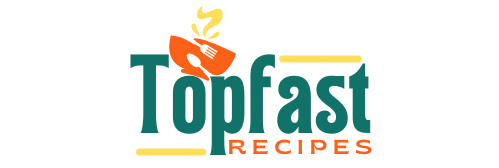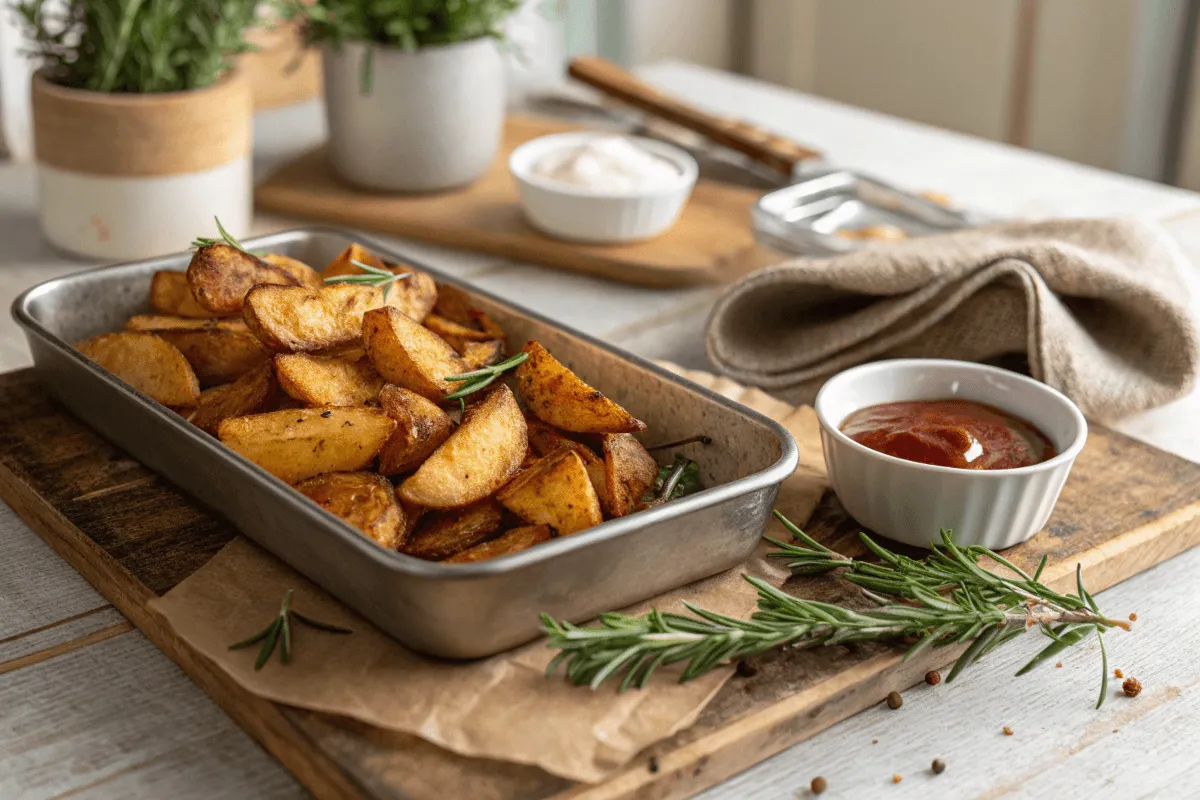Potatoes are a staple in many households, celebrated for their versatility and comfort-food appeal. But when it comes to baking them, the question often arises: Do I need to boil potatoes before baking? This article dives into the science, techniques, and best practices for preparing potatoes, ensuring you achieve the perfect texture and flavor every time. From understanding why some recipes call for boiling to exploring alternative methods, we’ll uncover everything you need to know to make your baked potatoes shine.
Understanding the Basics of Do I Need to Boil Potatoes Before Baking?
What Happens When You Skip Boiling Potatoes Before Baking?
When you skip boiling and bake potatoes directly, the results can vary. Baking raw potatoes straight in the oven often produces a firmer interior with less fluffiness. The exterior may crisp up, but it might not achieve the cragginess that many crave in roasted potatoes. Without boiling, potatoes retain more of their natural starch, which can affect their texture during baking.
How Boiling Potatoes Before Baking Affects Texture and Flavor
Boiling potatoes before baking softens their outer layers, creating a surface that crisps beautifully in the oven. The process partially cooks the interior, ensuring a creamy and tender texture after baking. Moreover, boiling allows for better seasoning, as salt and other flavors can penetrate the potato flesh more effectively.
The Science Behind Boiling Potatoes Before Baking
Boiling activates the potato’s starches, causing them to break down slightly. This reaction creates a rougher surface, which enhances crispiness when exposed to high oven heat. Additionally, boiling reduces baking time, making it a time-saving step for those juggling busy schedules.
Pros and Cons of Boiling Potatoes Before Baking
Advantages of Boiling First
Boiling potatoes before baking offers several benefits that can elevate your dish. For one, it ensures the potatoes cook evenly, preventing the dreaded undercooked centers. Boiling also reduces the baking time, which is perfect for when you’re short on time but still want a delicious meal. Another perk? It creates a rougher surface on the potatoes, leading to a crispier, golden exterior—a hallmark of the best roasted potatoes. Plus, pre-boiling allows for better seasoning as the salt penetrates the softened surface during cooking.
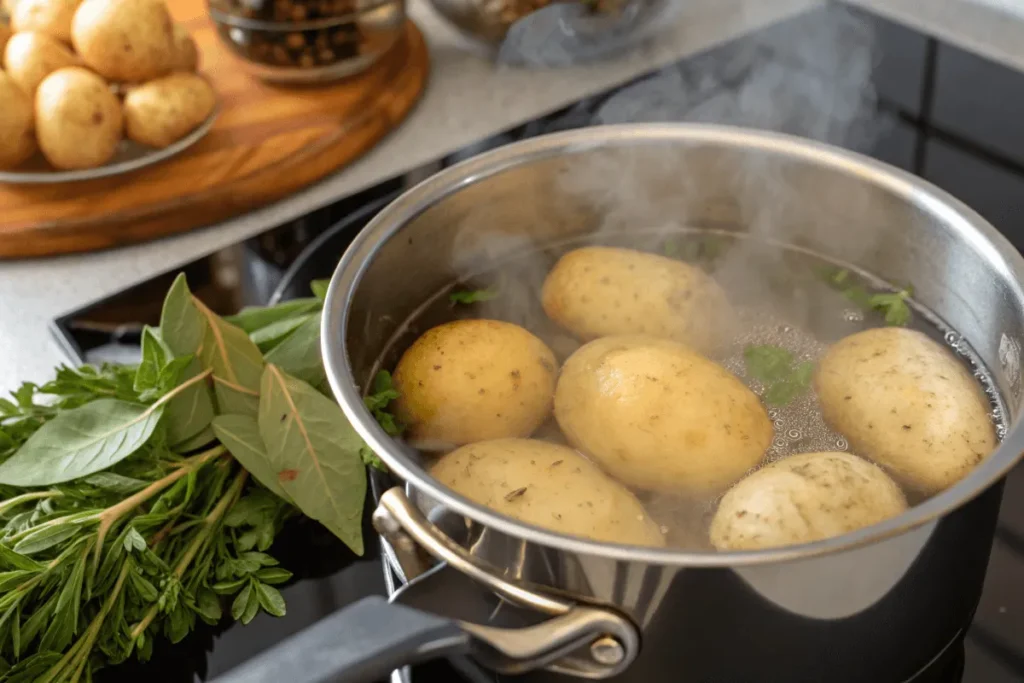
Potential Drawbacks of Pre-Boiling
While boiling has its merits, it’s not always necessary. Pre-boiling adds an extra step, which means more time and cleanup. It’s also easy to over-boil potatoes, leaving them too soft to hold their shape during baking. For recipes that require distinct, firm slices—like a gratin or casserole—boiling might not be the best option. Moreover, some cooks argue that skipping boiling preserves the natural starches, which can enhance flavor and texture in certain dishes.
When Skipping the Boiling Step Works Best
If you’re aiming for convenience or working with smaller, thin-skinned potatoes, skipping the boiling step can work wonders. Direct baking works well for rustic dishes or recipes that celebrate a hearty, less refined texture. For instance, dishes like a quick potato bake or a one-pan meal might not require boiling.
Techniques for Boiling Potatoes Before Baking
How Long Should You Boil Potatoes?
The key to boiling potatoes before baking is to parboil them—cooking them partially, not fully. Depending on the size of your potatoes, this typically takes 7–10 minutes. Larger potatoes may need closer to 12 minutes, while small, diced pieces might be ready in just 5 minutes. You’ll know they’re ready when a fork can pierce the surface with slight resistance.
Best Practices for Pre-Boiling Potatoes
Start by placing your potatoes in cold, salted water. This helps them cook evenly as the water heats up. Bring the water to a gentle boil and monitor closely to avoid overcooking. Once parboiled, drain the potatoes and let them dry completely. This step is crucial for achieving a crispy exterior during baking, as excess moisture can lead to soggy results.
Seasoning Tips During Boiling
To infuse your potatoes with flavor, add salt and aromatics like garlic cloves, rosemary, or bay leaves to the boiling water. For an extra kick, try adding a pinch of baking soda—it helps create that signature craggy surface ideal for crisping.
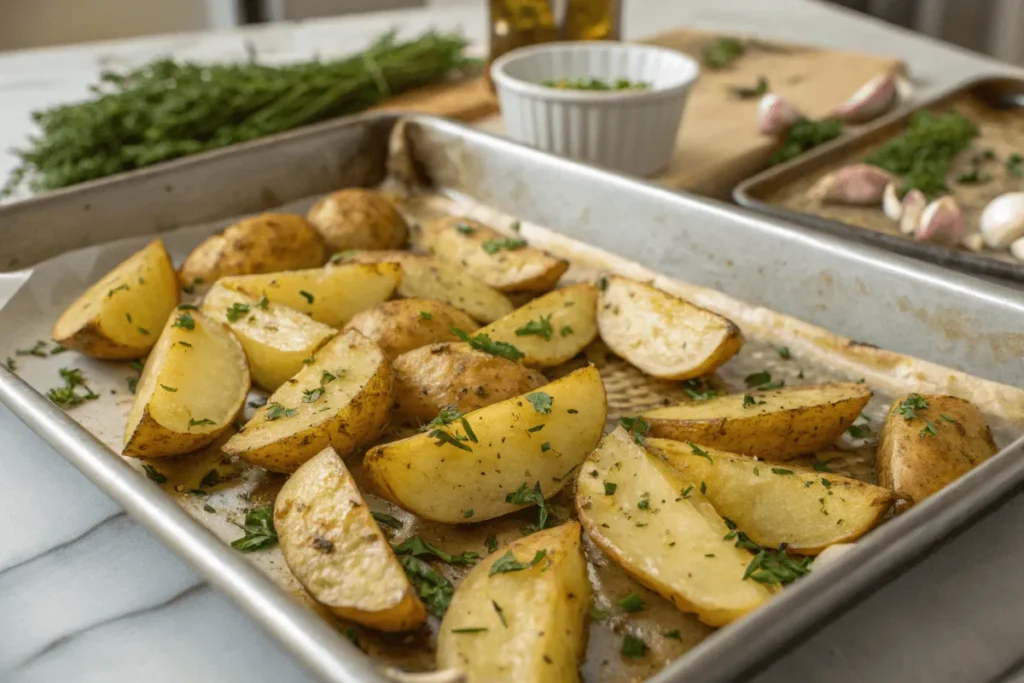
Alternatives to Boiling Before Baking
Par-Cooking Methods: Steaming or Microwaving
If boiling feels like too much effort, par-cooking your potatoes using steaming or microwaving can be excellent alternatives. Steaming is gentler, preserving more nutrients and ensuring the potatoes don’t absorb excess water. Simply place your potatoes in a steamer basket over simmering water for 8–12 minutes, depending on their size.
Microwaving, on the other hand, is the quickest option. Pierce the potatoes with a fork to allow steam to escape, then microwave them on high for 3–5 minutes per side. While these methods don’t create the same rough surface as boiling, they still help reduce baking time and ensure an even cook.
Direct Baking Techniques for Crispiness
For those who prefer skipping pre-cooking altogether, direct baking can deliver fantastic results. To achieve crispy, golden potatoes, start by tossing them in a mix of oil, salt, and spices. Arrange them in a single layer on a preheated baking sheet, ensuring there’s enough space between pieces for proper airflow. Bake at a high temperature—around 425°F (220°C)—and flip halfway through for even browning.
When to Use Each Method
The method you choose depends on your goals. If you’re in a hurry, microwaving is your best bet. For recipes requiring a creamy interior and crispy exterior, boiling or steaming is ideal. However, if you want simplicity, direct baking works well for small or thin-skinned potatoes.
Popular Recipes That Benefit from Boiling First
Classic Roast Potatoes with Crispy Edges
Nothing beats the crunch of perfectly roasted potatoes, and boiling is the secret to achieving that irresistible texture. Parboil the potatoes, then toss them in oil and your favorite seasonings. Roast at 450°F (230°C) until golden brown, flipping occasionally for even crisping. This method ensures soft, fluffy insides and a golden, craggy crust.
Herb-Infused Baked Potato Wedges
For a flavorful twist, try herb-infused baked potato wedges. After boiling the wedges for 5–7 minutes, coat them in olive oil, garlic powder, and a mix of fresh herbs like rosemary and thyme. Spread them out on a baking sheet and bake until crispy. These make a perfect side dish or snack.
Garlic and Parmesan Potato Bakes
Boiling also enhances recipes like garlic and Parmesan potato bakes. Parboil the potatoes, slice them thinly, and layer them in a dish with garlic butter and Parmesan cheese. Bake until bubbly and golden on top. This dish is comfort food at its finest, combining creamy textures with a cheesy, savory topping.
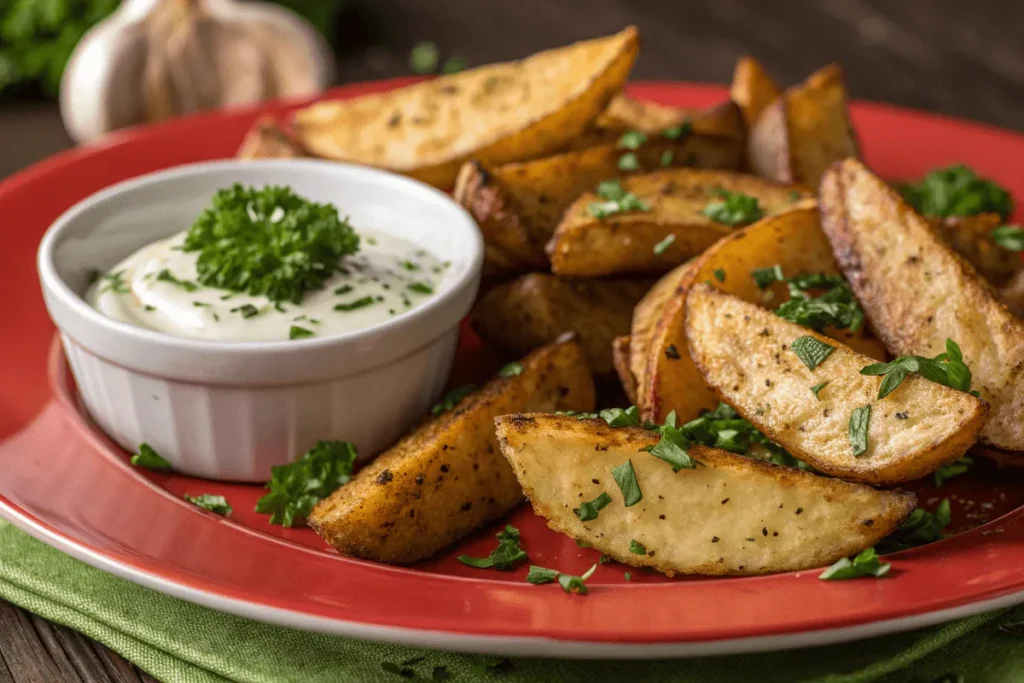
For more delicious potato recipes, check out our article on Quick Potato Bake Recipes.
Expert Opinions and Culinary Insights
What Chefs Say About Boiling Potatoes
Culinary experts often recommend boiling potatoes before baking to achieve optimal texture. Renowned chefs like J. Kenji López-Alt highlight that parboiling creates a starchy, rough surface that crisps beautifully in the oven. Additionally, boiling allows the interior to cook evenly, ensuring a fluffy, tender bite. However, some chefs argue that skipping boiling can work for rustic recipes where the texture doesn’t need to be as refined.
Scientific Studies on Potato Preparation
The science of potato preparation reveals that boiling activates natural starches, which play a key role in achieving that perfect crunch. Boiling also helps potatoes absorb flavors, making them ideal for seasoning before baking. Studies have shown that potatoes cooked using a combination of boiling and baking retain their structure better than those baked directly.
User Experiences and Tips from Cooking Communities
Home cooks often share insights about the convenience and flavor benefits of boiling. Many agree that the extra step is worth the effort, especially for recipes requiring a crispy finish. Others suggest experimenting with alternative methods like steaming or microwaving for a quicker solution. So, do I need to boil potatoes before baking? The consensus leans toward yes for optimal results, but it ultimately depends on your recipe and time constraints.
FAQs About Boiling and Baking Potatoes
What Happens If You Don’t Boil Potatoes Before Baking?
Skipping boiling can result in firmer, less fluffy potatoes. While the exterior may still crisp, the texture inside might not be as creamy. For small or thin-skinned potatoes, direct baking works fine, but larger potatoes may cook unevenly.
Should You Boil Potatoes Before Cooking in the Oven?
Boiling is recommended for recipes requiring a crispy outside and soft inside, like roast potatoes or wedges. It’s also helpful when baking larger potatoes, as it ensures even cooking. However, it’s not mandatory for every recipe.
How Should Potatoes Be Prepared Before Baking?
Preparation depends on your method. For boiling, peel or cut the potatoes as needed and cook them in salted water until partially tender. If skipping boiling, toss the potatoes in oil and seasonings before baking.
When Baking Potatoes, Do You Boil Them First?
In most cases, yes. Boiling helps reduce baking time and enhances texture. However, for recipes like casseroles or gratins, you can skip boiling and bake the potatoes directly for a firmer bite.
Conclusion and Final Tips
When to Boil and When to Skip It
So, do I need to boil potatoes before baking? The answer depends on your goals. Boiling is ideal for achieving crispy exteriors and soft interiors, especially for dishes like roast potatoes or wedges. However, if you’re short on time or prefer a firmer texture, you can skip this step and bake them directly.
Final Tips for Perfectly Baked Potatoes
For the best results, choose the right method for your recipe. Always season generously, and don’t overcrowd your baking sheet to ensure even crisping. Experiment with herbs and spices to elevate your potato dishes to the next level.
FAQs Recap and Additional Resources
Recap of FAQs
- What Happens If You Don’t Boil Potatoes Before Baking?
Without boiling, potatoes may cook unevenly and lack the fluffy texture many people love. However, they can still be delicious with the right seasoning and technique. - Should You Boil Potatoes Before Cooking in the Oven?
It’s often recommended, especially for recipes that require both crispy and creamy textures. Boiling also shortens baking time. - How Should Potatoes Be Prepared Before Baking?
Preparation depends on the method. Boiling involves par-cooking in salted water, while direct baking requires coating potatoes in oil and spices. - When Baking Potatoes, Do You Boil Them First?
In most cases, yes. Boiling enhances texture and flavor, making it a preferred step for many dishes.
Additional Resources
For more inspiration, explore recipes like Quick Potato Bake or Herb-Infused Potato Wedges. These ideas showcase how versatile potatoes can be, whether you choose to boil them first or not.
